Interview with Dr. Eddie Norman, MBE
Eddie Norman played an important part in the history of the sport of darts and he is still travelling
around the world, to make people acquainted with Darts and to show them how to play it though he himself never was an active darts player.
It all started small with a local pub team in Bristol, followed by a short time in the board of the BDO and then to an international working
darts promoter and from a small local dart shop to the first ever darts wholesale trade which sold it's range around the world.
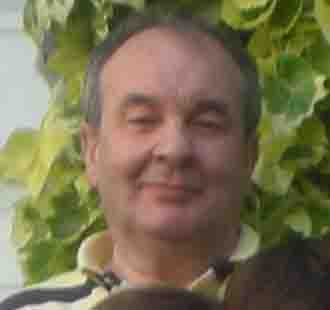
Eddie - I've stumbled quite often over your brother's and your name when searching the internet about darts history. When and how did you get involved into darts?
I first got involved in darts in early 1958 when I was non playing captain of a local pub team called The Old Fox in Bristol. UK and played in a
league called The Clifton and District Darts League, six months later I took over the league as General Secretary when the current General
Secretary at that time died.
Within eight months as General Secretary of the league, the league increased from 12 teams in one division, to eight divisions with sixteen teams
in each.
Then however in March 1959 I had to resign as General Secretary as I got called up for National Service in The Royal Air Force and within two
months I was posted to Adelaide in South Australia attached to The United Kingdom W.
This was the first time that I had been out of the United Kingdom and it was to the furthest point possible, Australia.
I would point out at this stage that I have never played darts for a team in my life, just always been a non playing captain or a secretary.
And how looked the dart scene in England at that time?
The darts scene in the UK at that time was good but poorly organised, there was The News of The World Darts Championship, The Sunday People Sixes
Championship, The Nodor Fours and the great Johnny Ross ran the National Darts Association of Great Britain.
I got involved in 1958 with Johnny Ross and became county organiser of the National Darts Association of Great Britain, but in my own mind I had
visions in the near future of there being an inter county darts championship, and international darts matches.
In 1958 most public houses in the UK had a darts team and many had four or five.
Monday and Friday was Mens Darts Nights and Thursday Ladies nights darts.
In Australia I started a local Adelaide Darts League and also organised an Australia versus New Zealand International Darts Match at the Royal
Air Force Club in Hindmarsh Square, Adelaide and a return match in New Zealand.
I read you and your brother first were antique dealers but later you opened in Bristol the House of Darts. Was it a risky enterprise at that time or was there a lot of interest in darts and darts equipment?
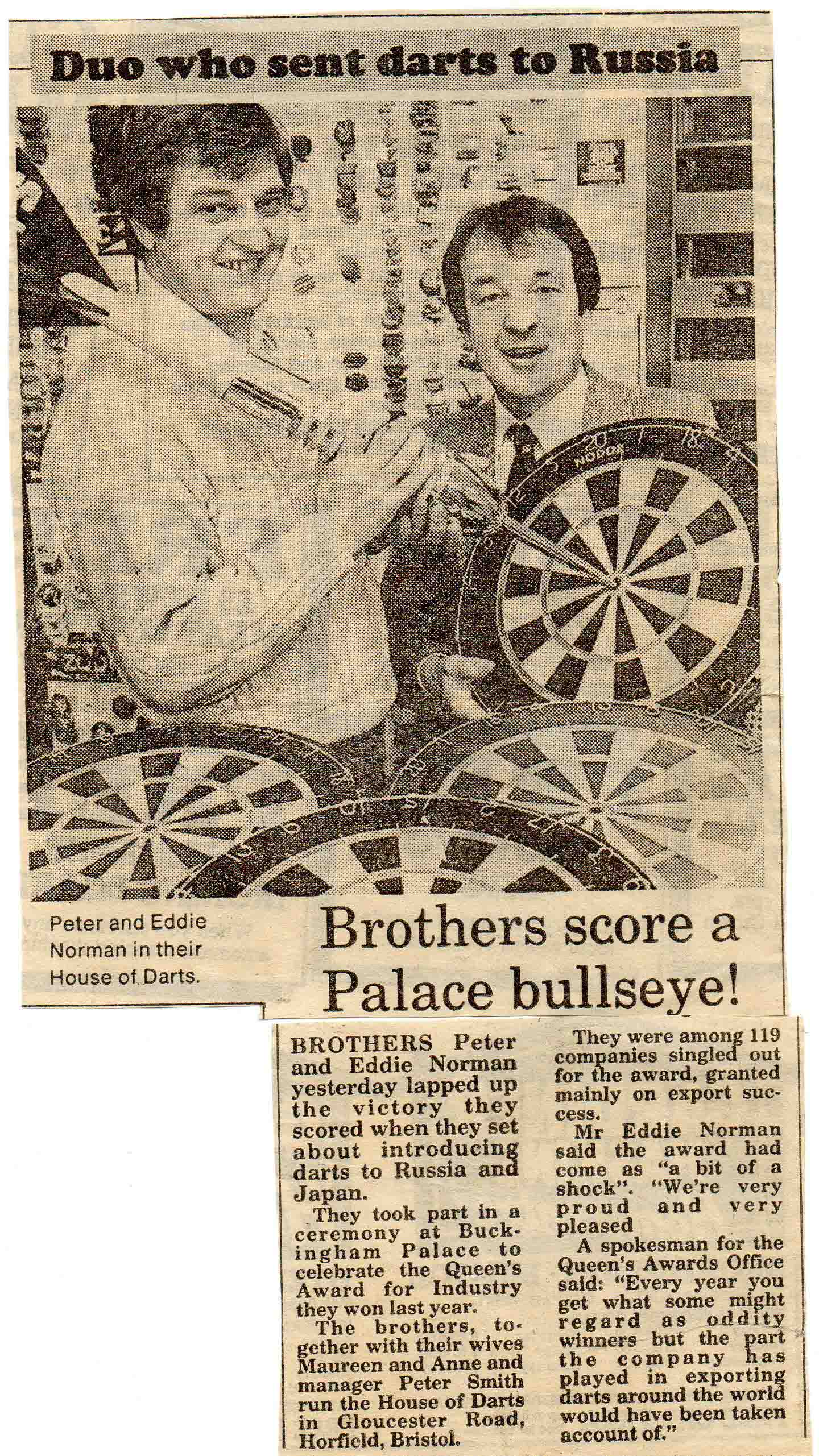
I returned to the UK after my National Service in 1961 after getting married in Adelaide in 1961 , and this year celebrate my golden wedding.
On being demobbed from the Royal Air Force , I started in January 1962 several businesses with my brother Peter, which included an Antique
Business, A Travel Agency, A property business, and The House of Darts International, I expanded the darts business internationally to include
a House of Darts (Australia), House of Darts (USA), House of Darts(Holland) and The House of Darts (Scandinavia).
The darts business took over my life and the Travel Agency and Antique Businesses were sold.
Darts was growing in stature and I decided it was time to concentrate expanding solely overseas and leave the UK darts sales to sports shops and pub counters, and the men with suitcases who sold from the back of their cars.
It was a risky business, but what new business isn't?
Were you ever in manufacturing darts equipment as well or did you just sell?
We made the world famous Bristol White Darts Flights , which were flights shaped like a Diamond, we only had a small machine to make them but when
they took of worldwide , then we knew it was time to invest in bigger machinery and this we did.
We designed all our products ourselves but got other firms mostly not related to darts to make the finished products for us.
We took the Trade name PEN DARTS (Pete and Eddie Norman) and it slowly started to become a worldwide brand name.
And what did you sell at the beginning? Already bristle boards? Or did you start with wooden boards? What kind of range did you have at that time, which were the most asked for manufacturers at that time?
We sold every dartboard that was on the market, Wooden Boards and of course Bristle Dartboards, The minimum order for dartboards was 100 at a
time , but countries like the USA started buying 1000 at a time and even 2500 at a time from us.
I visited countries to arrange a dart tournament which we sponsored , ran the tournament , gave out the prizes and set up agents in those countries
to take our products.
In the USA we had an agent in all 50 states.
In Germany by 1970 we had organised tournaments in Heidelberg, Munich, Berlin, Bremen and many other German cities and had eight darts agencies in
Germany.
We were shipping for example our products to The House of Darts (USA) and they were selling and distributing inter-state, the same as Australia.
We stocked over 800 different sets darts by 1970 , with weights from 14 to 80 grammes, yes 80 grammes.
By 1972 we were selling darts products in over 90 countries worldwide from our Bristol base.
Was darts equipment then cheaper then now? One can hear people often enough moan about the price of a really good dart or dartboard.
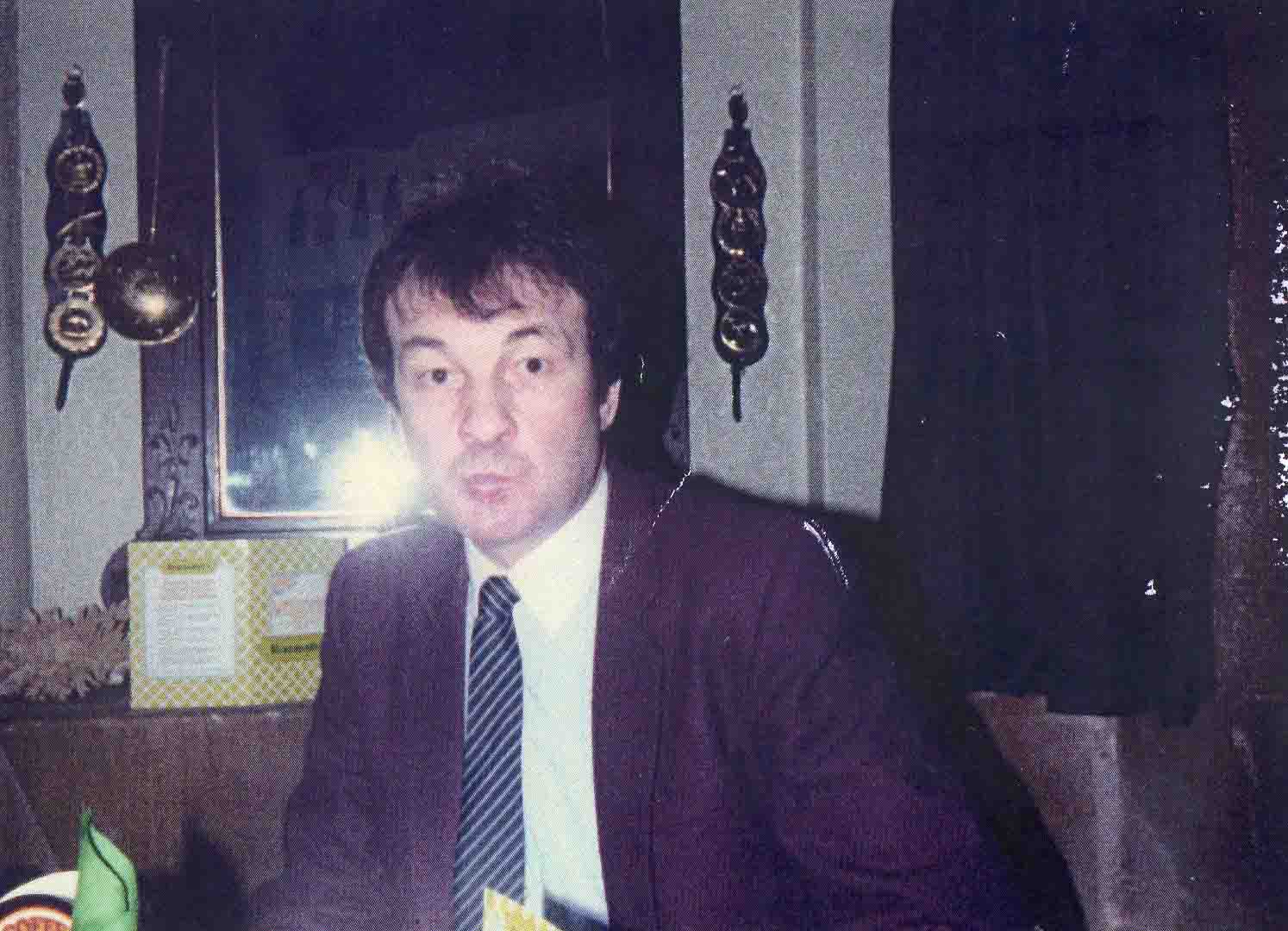
Prices in the 1970 to 1980 period were normal and helped the sport grow, we would sell 20 sets of nickel tungsten darts in wallets complete for
100 pound.
Dartboards we would sell at 8-9 pound.
Today I think young people are playing darts with a lot of money and paying through the nose to have a set of darts with someone's name on,
(basically throwing their money away)this is not going to improve their darts, it is like getting a set of Tiger Woods golf clubs, are you going
to play like him, it is the same with darts, great players like Leighton Rees would pick up any set of darts of the bar and play.
/
Named darts and flights with names on of players are just making someone rich and to be honest I think you have to be a mug to fall for it and
wasting your hard earned money.
As now-a-days selling darts and equipment is very much dominated by the internet how did it work at that time? Was it some kind of buzz marketing?
We never had the internet to sell our products, we built up such a good name that customers from Australia, Singapore, USA, Canada, New Zealand and
Europe travelled to us in Bristol to buy and then have the goods delivered.
Our stock was huge and we had supermarket trolley's for a visitor to walk around the store and fill it up, and then have the goods delivered.
Everything in our price lists we always carried in stock, we were never ever out of a product.
Or were there already clubs and dart pubs and tournaments and you travelled there and offered your range?
As I said we did not sell in the UK, and we would set up a tournament in South Africa, Singapore, Australia, USA or anywhere in the world travel to run the event and then give a lecture on darts, show films on darts tournaments we had previously run, display our products, set up a local agent, and refer all enquiries to that local agent from that area.
Where at this time in Bristol already a lot of dartplayers? Well-known ones as well as in later years Bob Anderson, Mark Dudbridge, Chris Mason and Steve Brown?
On my return to the UK from Australia, I set up a County side called The West of England Darts Organisation and also a county championship with
County teams from Somerset, Devon, Wiltshire, Oxford and Gloucestershire etc. this was long before the formation of The British Darts Organisation.
In 1968 I set up The City and County of Bristol Darts League which is still running today.
I also started the West of England Super League which had players playing each week, like Leighton Rees, Keith Dudbridge (Mark's Dad), Berkeley
Mason (Chris's Dad), Bob Anderson played in the League, Steve Brown's Dad, Cliff Inglis, Tony Ridler, Alan Evans , the league at one time had
sixteen Welsh Internationals, and twelve English Internationals.
Pete my brother was the best Electric Scorer operator and spotter in darts and even today no one is better.
Did the house of darts have some kind of influence to develop a dart scene in Bristol?
The House of Darts International had a great influence in Bristol in Darts, we sponsored all the dartboards in each team, we sponsored three darts
leagues, we sponsored several darts players and all the darts trophies in four darts leagues as well as the Inter County Darts Championship.
We saw no return on this , we were just happy to do so, and we sponsored The USA team to come to Bristol to play The West of England as well as
The Sweden National Team.
We also sponsored players to travel to the USA to play in the North American Darts Championship.
How did you manage to be so successful that you even were received by the Queen and became a MBE?
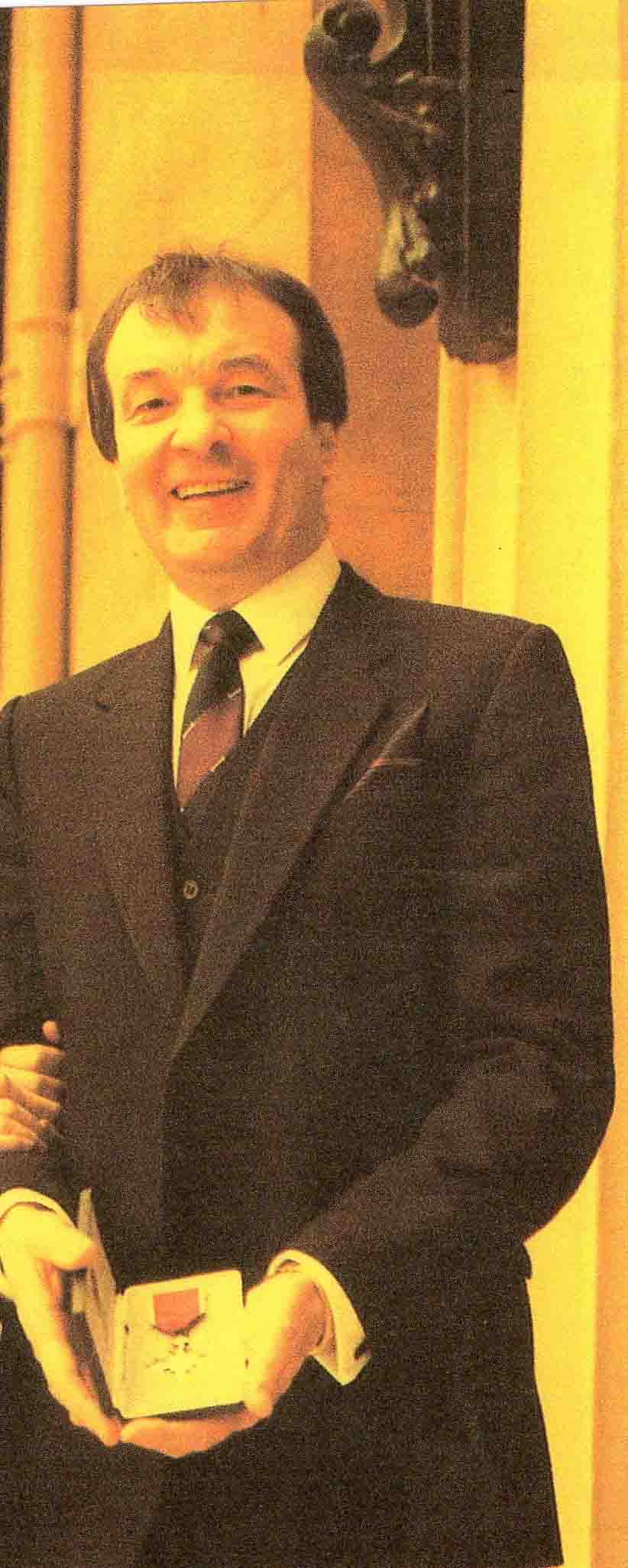
I had been to several receptions at Downing Street in London as a guest, and on one occasion I met The Secretary of State for Trade and Industry,
The House of darts International had just been awarded The Queens Award for Export by her Majesty at Buckingham Palace, and after the latest visit
to Downing Street I received a letter from The Prime Minister saying that I had been awarded The MBE for services to darts and services to British
overseas trade.
I had to go to Buckingham Palace to receive the MBE from The Queen.
Later I was invited to an evening reception by The Duke of Edinburgh and Her Majesty at Buckingham Palace and afterwards I had a private reception
and interview with Her Majesty in one of her private rooms at which she thanked The House of Darts for helping with British Overseas Trade and
helping the British Economy.
The house of darts originally was a local business - how did it happen it developed into a world-wide enterprise?
Yes we started as a local business, but the time involved in selling one dartboard to a customer or a set of darts took up too much time, so we sold 100 dartboards minimum at a time and 200 sets of darts at a time and the only customers taking that amount was overseas, hence we built up our overseas base.
You and your brother not only sold equipment around the world - you promoted the sport as well by organising tournaments for example - was there always some interest and some basic knowledge or did you often have to explain first was darts really was?
Three quarters of the countries that we set up darts tournaments in had never ever played darts or heard of the sport, so we had to teach them,
not easy when I never ever played.
Yes, we had to explain what darts was and yes many of those countries are today members of the World Darts Federation.
Many countries however will not join the World Darts Federation because everything in darts to them revolves around the UK , a British Empire that
many countries took hundreds of years to break away from and do not wish to rejoin , so it is still political out there in darts, especially with
African and Far East Countries.
And what was your strategy?
My strategy was the customer is always right, pay all my bills on time, and never ever give credit so that I could pay all those bills on time.
Did you ever fail in your efforts?
Fortunately I never failed in my efforts to be successful, although some weeks I worked sixteen hours a day seven days a week to meet deadlines and was away from home for weeks at a time , sadly this as the children were young but I had the wonderful support of my wife. It would be nothing to go back to the business at midnight to pack parcels for urgent despatch next day.
You often travelled to rather exotic countries like Mongolia or Samoa and there laid the foundation for national darts - what made you travel to those countries? Were you sometimes invited?
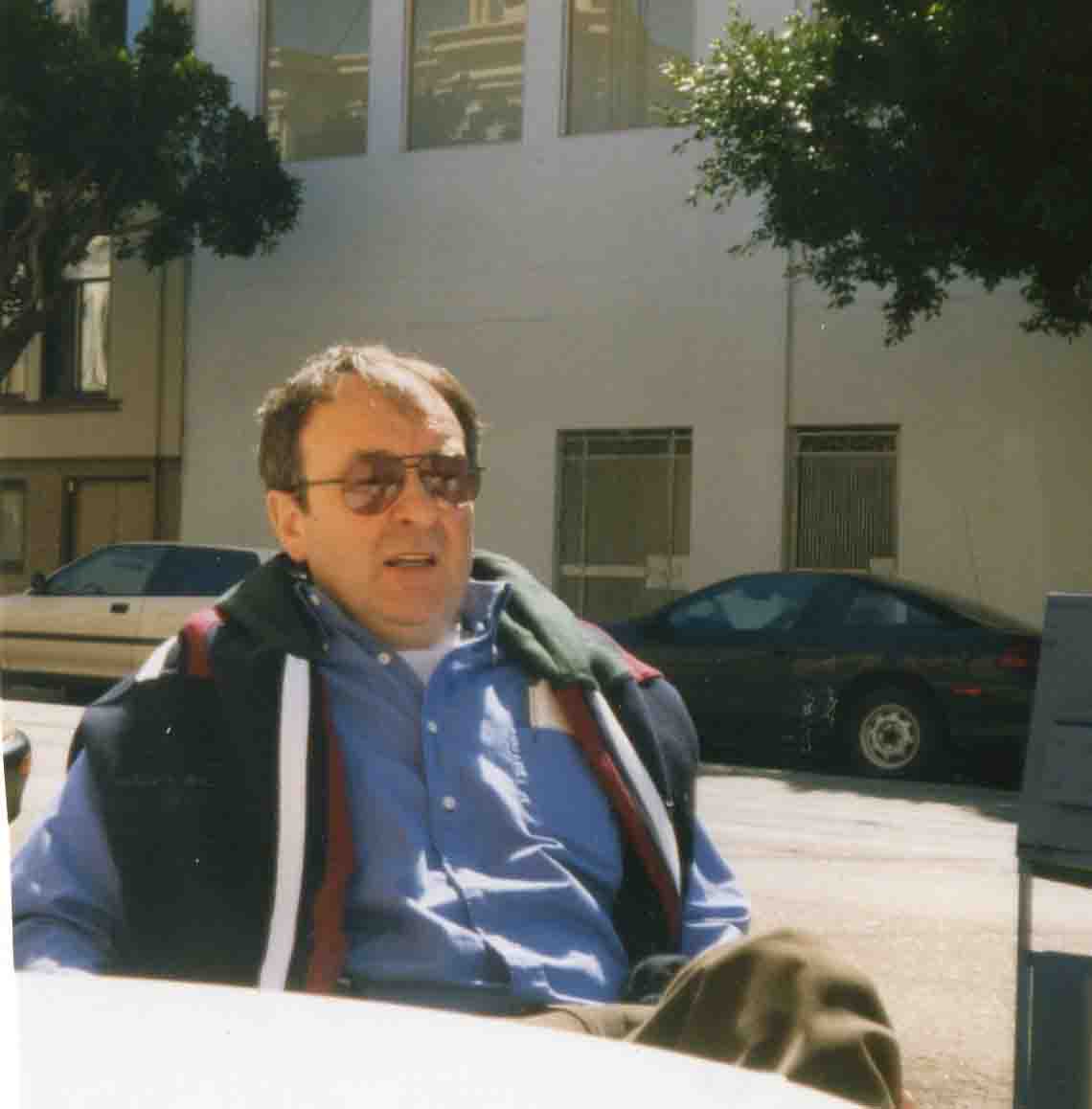
I was often invited by sports ministers of some countries to travel to their countries and lecture on the sport of darts, and indeed I spend a lot of time today still doing so, in the last few years visiting, Israel, Panama, Nepal,Kiribati, Samoa, Fiji, China, South Africa, a regular visitor to Sweden, Denmark, Montenegro, Saudi Arabia, Australia , New Zealand, USA, Philippines, Taiwan , Iran , Dubai and indeed everywhere where darts is played or where I have set up darts leagues over the years.
Of course you were important for darts at home in England as well - you were involved for some time in the BDO. For how long was it and what was you capacity?
I was a founder member of the British Darts Organisation in January 1973 and was the first Competition Secretary.
You didn't stay with the BDO for long - what did happen?
I stayed for two years, I would not like to elaborate too much as it is now water under the bridge, but let us just say, I did not like the way it was heading or being run, had different ideas and could see a split coming even in those early days.
You were the person who had the idea for the World Masters tournament - how did that idea hit you?
I was at the time going to organise a British Masters, but then overseas contacts I had in darts like Bob McCloud in the USA, Joe Goldwin in
Gibraltar, Frank Quinn in Scotland, Patrick Eneroth in Sweden, Ronnie Walters in Belguim and others basically wanted to be in it, and I thought
why not and went ahead with a world masters instead.
Today I think the World Masters is being ruined by eight players being invited into the last sixteen, that ,and sponsors invites in my opinion
have set the tournament back years.
Hopefully the new BDO board will rectify this and restore the event to its former glory.
After you left the BDO were you still involved in darts in England? Or was it difficult as the BDO tried to dominate the sport?
Yes after I left the BDO, I formed the United Kingdom Darts Federation and organised two International matches, and also The British Inter City
Darts Organisation which rather than county sides were Inter City Teams that attracted crowd of 1000 on a Saturday evening once a month across
the UK.
I also formed The World Amateur Darts Organisation in Barbados, and organised the Original British Open Championship in Bristol won by Charlie
Ellix the great Hertfordshire player. In 1977 I wrote The Leighton Rees Year Book of darts facts 1960 to 1977 published by Billboard, so I stayed
active in darts.
What were your ideas at that time to grow the sport in England and were you able to put them into action?
The BDO tried to dominate the sport but the United Kingdom Darts Federation had a huge following much to the annoyance of The BDO , bans from this bans from that were threatened but never put in writing by various people to anyone playing in The United Kingdom Darts Federation but no one took any notice at all and the organisation grew.
What were your thoughts when the split in darts happened - had you foreseen something similar? To be sure you would have known about the players feelings.
Yes I knew in 1975 that there would be a split one day, it was just a matter of time before like myself players and officials would walk out, it took longer than I thought but I always knew it would happen.
How do you see the situation today - what would you say developed in the right direction?
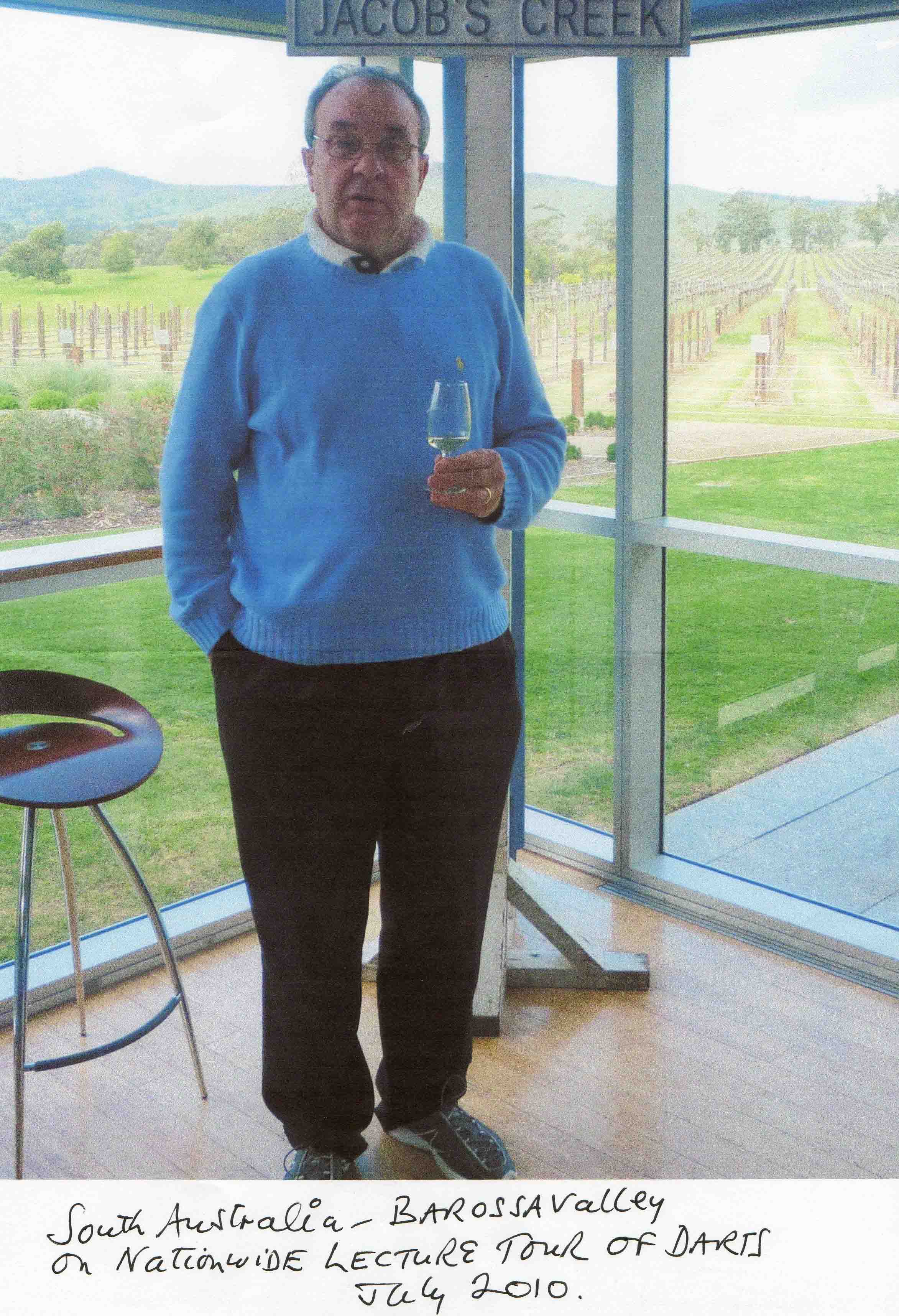
I do not want to get in the politics of darts today , I just want to go on doing what I do, but I think that both World Championships that are
played today have too many UK players or Dutch players and this holds the sport of darts back.
Professional Darts was tried in the USA but I think it was organised in the wrong cities and the entrance fees were too high to attract the USA
players, USA dart players work all week and most have families and cannot afford a £100 entrance money, hotels, travel and food to play darts
against a team of British players , the USA is in recession jobs and money are hard to come by, try a 25 pound fee and somewhere like Atlantic
City where dart players can actually afford to get to and I think it might succeed. The strongest area of steel darts in the USA is The East Coast
not Las Vegas.
I would just say to darts organisations in the UK there is a world of darts beyond Europe, that maybe have little money but are still as keen as
mustard to play in world darts events- don't kill the golden goose.
And how do you see the BDO today - has it still a chance?
The BDO might have a chance, I certainly hope it does, but it has to change and change a lot, the Lakeside World Championship needs starting from
scratch, the points system needs a complete revamp and only the ladies and men'schampions should be invited back the following year.
The World Masters needs to be in London, Birmingham,Cardiff, Manchester or a similar city near a major International airport, to ask international
contestants to travel to Hull is obscene and unfair, and those eight seeded players should be scrapped immediately, bring the event into the 21st.
Century.
Stop using holiday camps like Brean for events , get the venues for events in nice hotels, and then the BDO might have a chance, if they stay as
they are they will die.
How do you see the world wide development of the sport, where would you say is the most potential?
I think darts will spread in the Far East, and The Middle East, a lot of players play darts there now, they are not interested in PDC or BDO darts. One day I think that a rival World Darts Championship outside the UK will take place and I think that these organisations concentrated mainly in the UK will miss the last ferry. If darts in the UK dies then they will die with i
Could you imagine Great Britain might lose the dominance in the sport one day?
I think they will always have a dominance in the UK but will lose it around the world, smaller countries cannot afford to travel or pay large entrance fees, and some people are blind to this. Darts now is a business and the weaker will be tossed aside, but they will get up and continue to run their own events, and the world championships in the UK will just go on with UK players and a few scraps from other countries and darts will never grow overseas properly.
To be sure you know all about dart equipment - what were for you the most important developments over all the years?
The House of Darts International developed, promoted and exported an extra thick flight called The PEN-TATHLON , the PEN standing for Pete and Eddie Norman, this became the best selling darts flight in the world, and Pete and I left that legacy to the world of darts, and PEN-TATHLON darts flights are sold in every country in the world still today that plays darts.
And would you think in the end darts and boards are now-a-days totally well-engineered or is there still some room for development?
I think that there is plenty of room for improvement in darts and dartboards today, I have a black book full of ideas to improve things in the darts market and as I travel the world I am always watching , asking and writing down ideas.
Would you say are big differences in quality between the big manufacturers like Unicorn, Winmau or Target or can you always be assured of high quality products what ever you buy?
I would not want to mention any darts firms by name, but yes I do think there is a great difference in the quality of darts and accessories manufactured by darts firms today. Some are good but a lot need a lot to be desired, but I do not think I should elaborate.
Might perhaps producers from other countries like Asia come up with really innovative ideas?
Yes, Asian countries like China and Japan are full of ideas, China manufactures huge amounts of darts equipment for The USA. UK. Belguim,
Australia, New Zealand, and many others and also sell their own products world wide. India are also making darts products and shipping world wide,
and Japan are manufacturing new and innovative soft tip darts machines and selling world wide along with their own darts and flights.
The Darts world is changing and growing worldwide and those darts businesses and darts organisation mainly British Based will stay British Based.
Pictures with kind permission of Eddie Norman